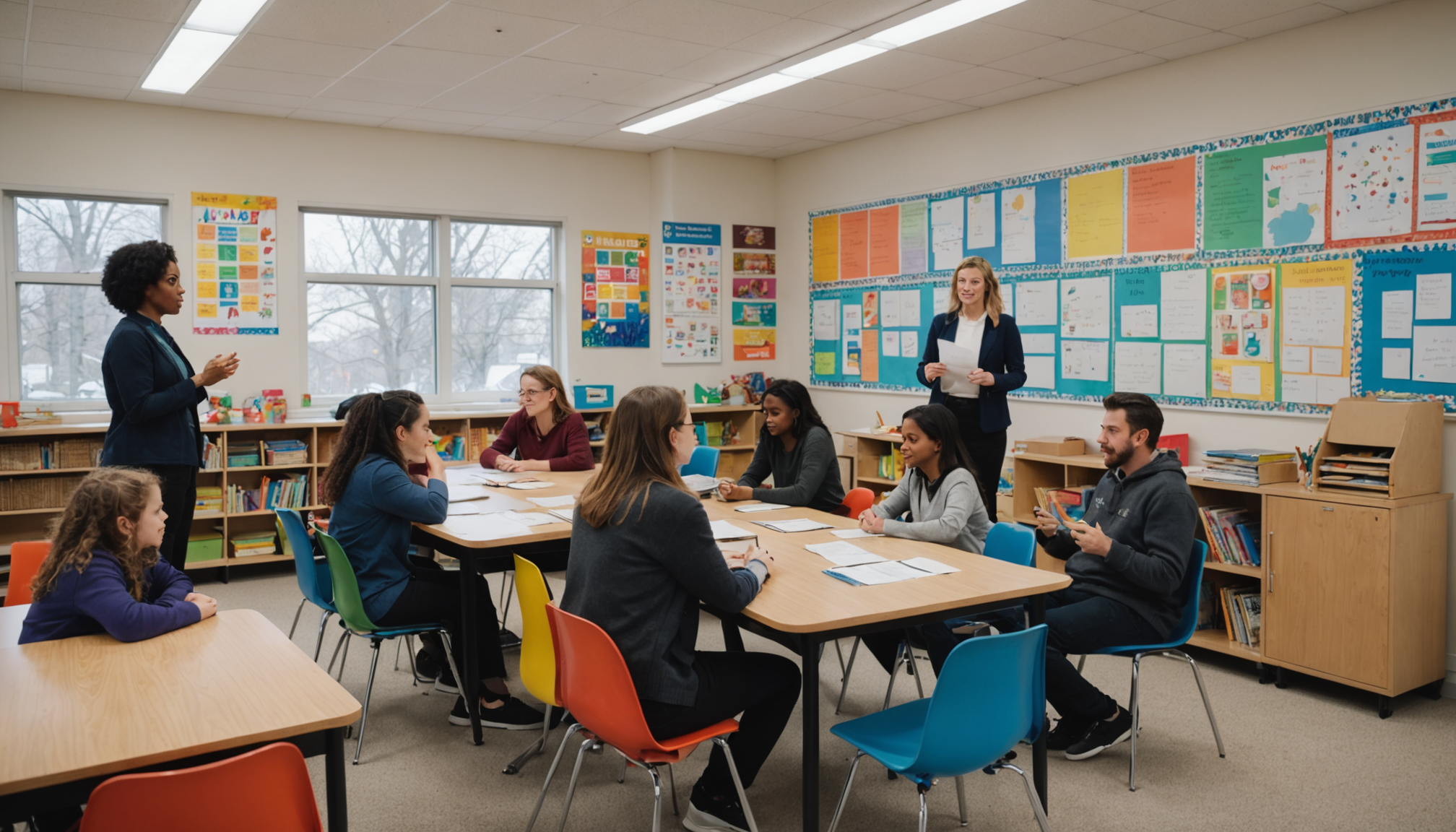Trauma-Informed Classrooms in Toronto: Current Best Practices
Published: September 23, 2025

Every child deserves to feel safe in their learning environment, and Toronto schools are embracing trauma-informed care to ensure just that. If you’re an educator, parent, or mental health professional, understanding these best practices can help children heal, grow, and learn with confidence, especially in our modern, diverse city.
What Is a Trauma-Informed Classroom?
A trauma-informed classroom in Toronto recognizes that students may have experienced trauma due to family challenges, displacement, cultural adjustment, or other difficult events. Teachers and staff are trained to respond empathetically, foster resilience, and avoid practices that may unintentionally re-traumatize students. Creating predictability, building strong relationships, and prioritizing mental wellbeing are core elements of this approach.
Key Practices for Toronto Educators
- Predictable Routines and Structure: Students who’ve experienced trauma benefit from clearly posted schedules, consistent transitions, and advanced warnings of any changes.
- Safety and Belonging: From classroom layouts to inclusive wall displays that reflect Toronto’s diversity, every detail should send a message of acceptance and security.
- Empathetic Communication: Staff approach behaviour with curiosity, not judgment—asking “what happened to you?” instead of “what’s wrong with you?”
- Choice and Voice: Allowing students to choose how they demonstrate learning empowers them and builds autonomy, key to healing trauma.
- Collaboration with Mental Health Professionals: Strong partnerships with school counsellors can ensure that students get the support they need, when they need it.
Toronto Resources for Trauma-Informed Education
Many Toronto schools now have access to child psychologists and social workers onsite, as well as relationships with local clinics like Dynamic Health Clinic’s Trauma-Informed Care program. The Toronto District School Board (TDSB) offers programs and training on trauma-informed education (TDSB official site).
Promoting Staff Wellness and Peer Support
Teachers can better help students when they themselves feel supported. Peer support circles and ongoing professional development help educators process challenging moments together, which reduces burnout and strengthens compassion in the classroom.
When to Seek Specialized Help
If a student shows persistent signs of distress—like withdrawal, aggression, or sudden academic decline—a more coordinated approach may be needed. Contact a trusted educational psychologist or mental health clinic for a comprehensive assessment and tailored care plan.
Ready to bring trauma-informed care to your Toronto classroom or school? Book a consultation with our specialists or explore our trauma-informed care services today.





